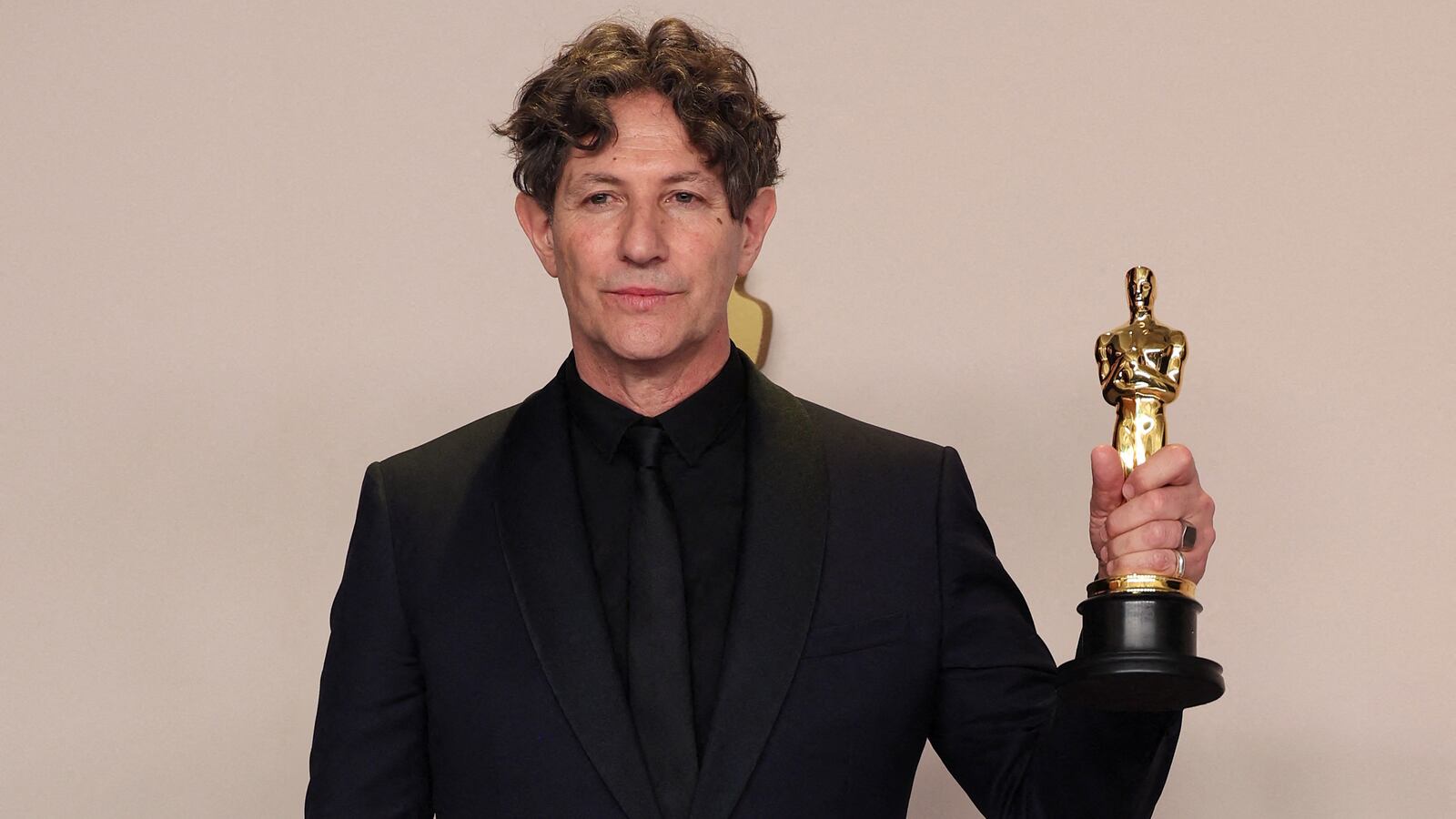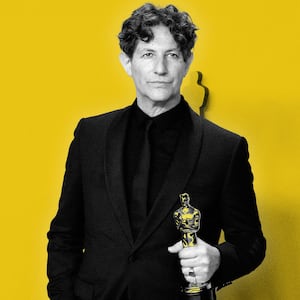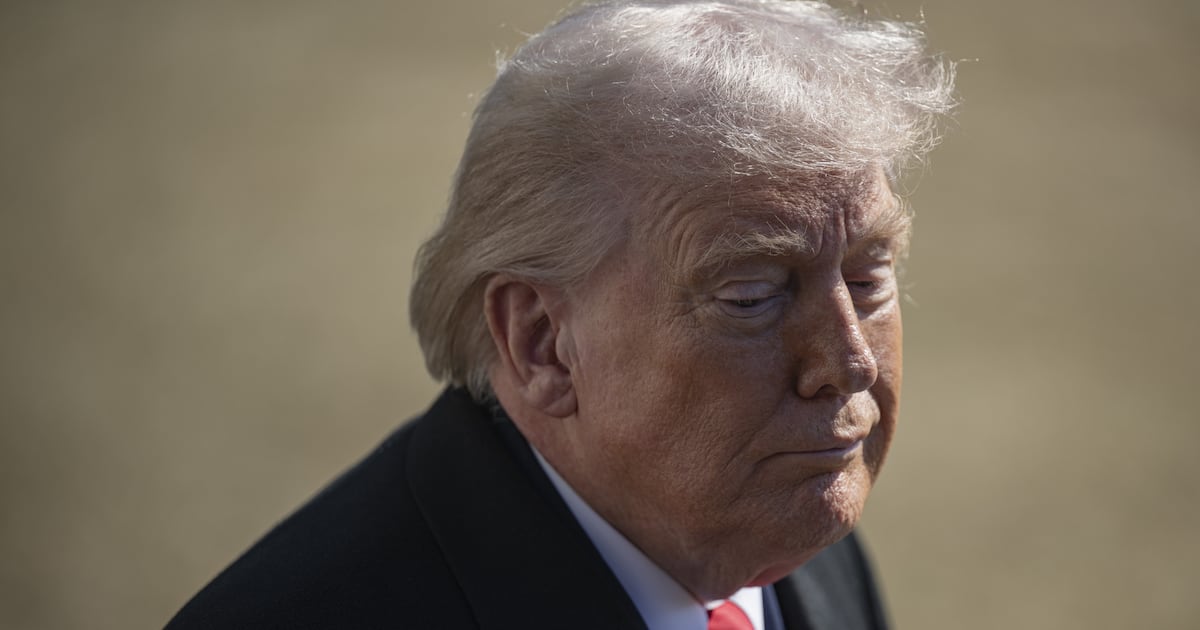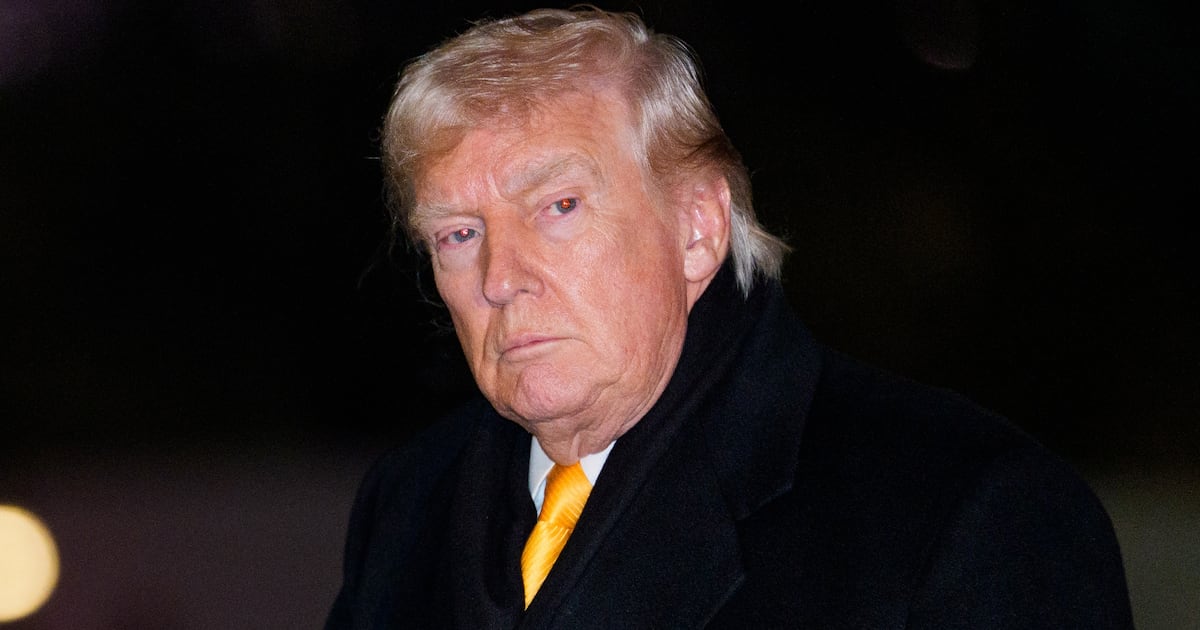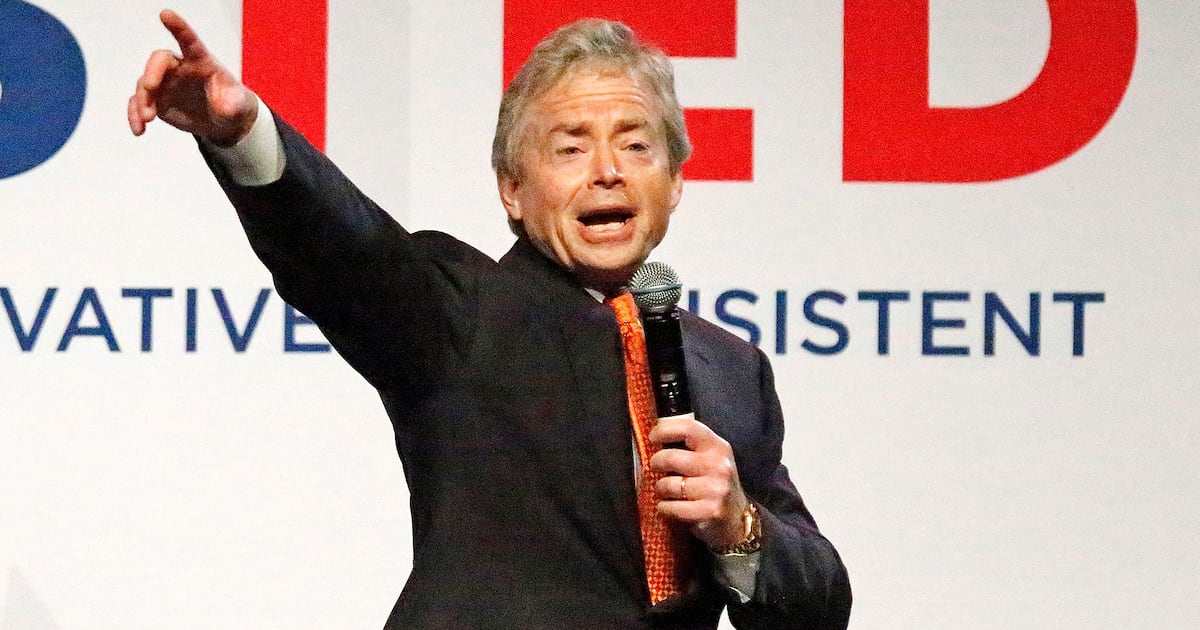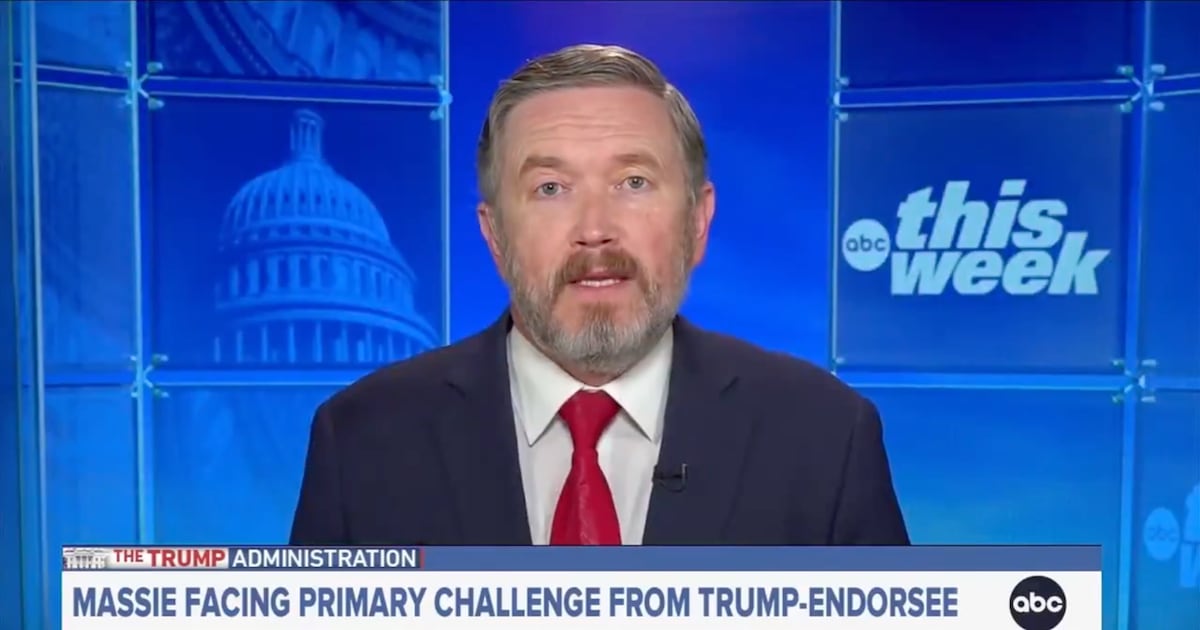Jonathan Glazer shocked audiences when he used his Oscars acceptance speech to call for a ceasefire in Gaza, comparing today’s Israel to Nazi Germany. But not all of his colleagues from the award-winning film The Zone of Interest agree with him.
In an appearance on the Unholy podcast last week, Zone of Interest executive producer Danny Cohen said that he wholeheartedly disagreed with Glazer’s statements at the awards ceremony.
“I just fundamentally disagree with Jonathan on this,” Cohen told hosts Yonit Levi and Jonathan Freedland. He agreed that the war is “tragic and awful” and blamed Hamas for the loss of civilian life in Gaza.
“The war and the continuation of the war is the responsibility of Hamas, a genocidal terrorist organization which continues to hold and abuse the hostages, which doesn’t use its tunnels to protect the innocent civilians of Gaza but uses it to hide themselves and allow Palestinians to die.”
By contrast, Glazer, in his acceptance speech after winning Best International Feature, criticized Israel for “hijacking” the memory of the Holocaust to “dehumanize” Palestinians in Gaza.
“Right now we stand here as men who refute their Jewishness and the Holocaust being hijacked by an occupation, which has led to conflict for so many innocent people,” he said. “Whether the victims of October the 7th in Israel or the ongoing attack on Gaza, all the victims of this dehumanization, how do we resist?”
Glazer’s speech drew uproarious applause from the Oscars theater, where many celebrities appeared with red pins on their lapels as a symbol of their support for a ceasefire. But Glazer, who is Jewish, was also accused of antisemitism for comparing Israel to the Nazi Germany which his film depicts—The Zone of Interest is about the willful complicity of a Nazi officer and his family while he participates in the horrors of the Holocaust at work.
To Cohen, it was “regrettable” that Glazer’s speech seemed to take space from the substance of the film itself.
“John spent 10 years making the film and has made something remarkable, but people are talking more this week about what he said for 30 seconds,” he added.
“And I think that’s regrettable because I’d love just the conversation that he focused on, on the film itself.”

